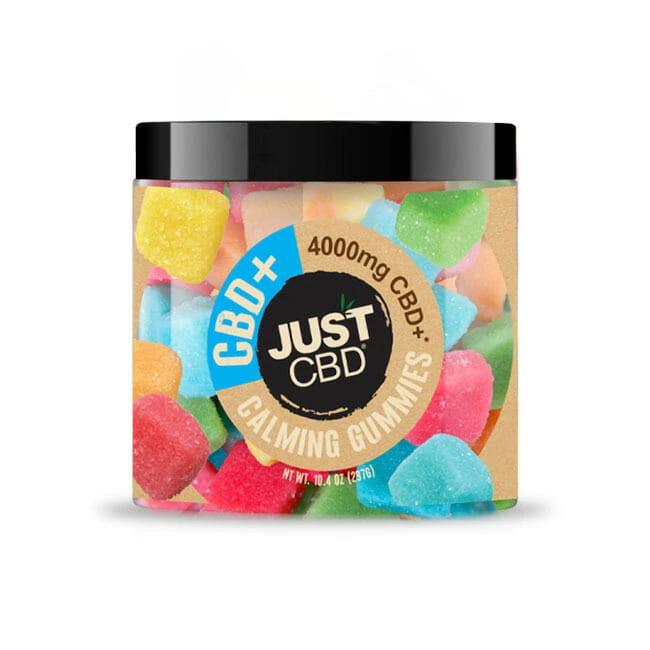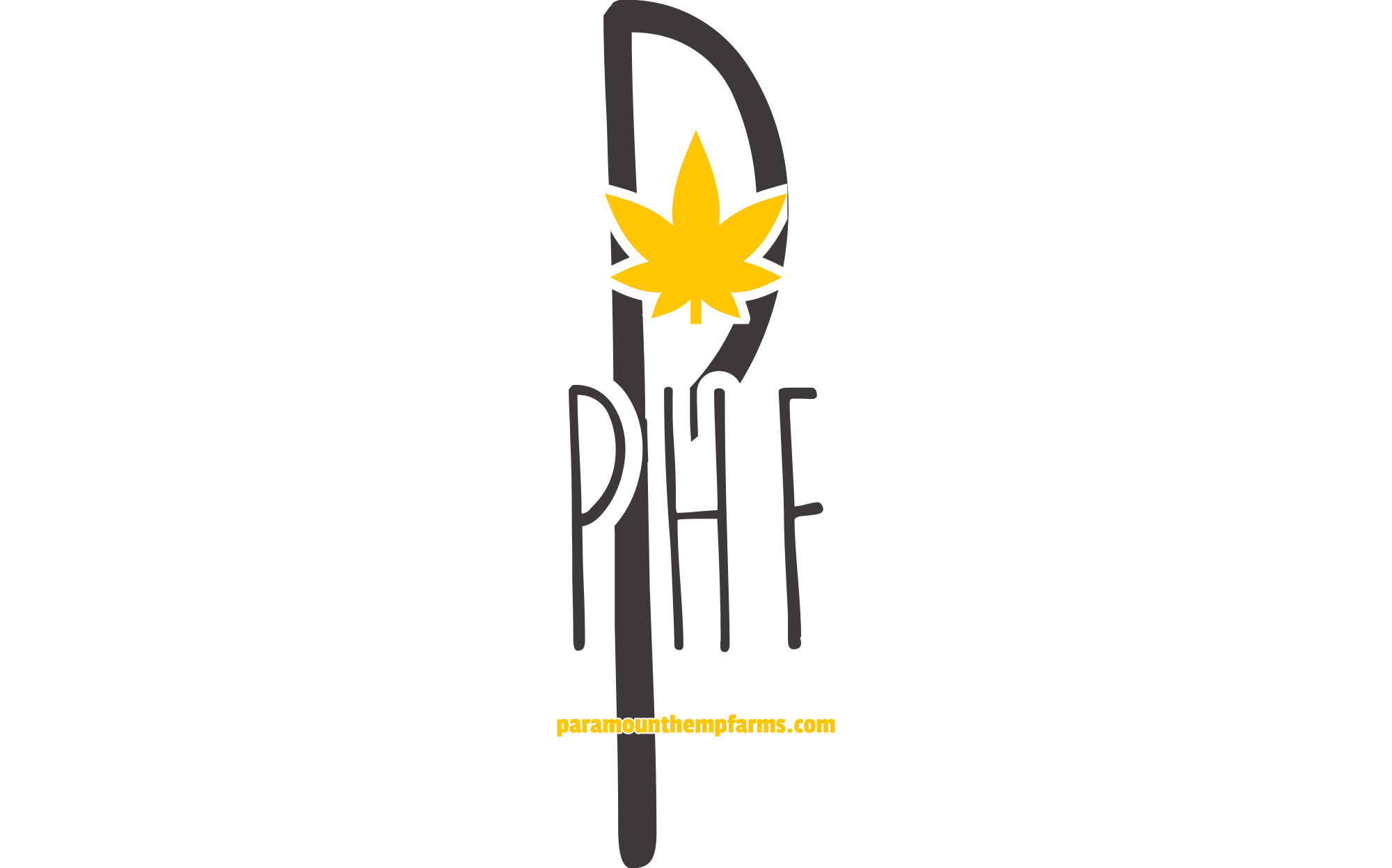Potential Benefits of CBD for CFS Symptoms
Chronic Fatigue Syndrome (CFS) is a debilitating condition characterized by persistent and overwhelming fatigue that is not relieved by rest. While there is no cure for CFS, research suggests that cannabidiol (CBD), a non-psychoactive compound found in cannabis, may offer potential benefits for managing some of its symptoms.
Reduced Inflammation
One potential benefit of CBD for CFS symptoms is its anti-inflammatory properties. Chronic inflammation has been linked to various health conditions, including CFS. By reducing inflammation, CBD may help alleviate pain, muscle soreness, and other physical discomforts associated with CFS.
Pain Management
Chronic Fatigue Syndrome (CFS) is a debilitating condition characterized by persistent and overwhelming fatigue that is not relieved by rest. While there is no cure for CFS, research suggests that cannabidiol (CBD), a non-psychoactive compound found in cannabis, may offer potential benefits for managing some of its symptoms.
One potential benefit of CBD for CFS symptoms is its anti-inflammatory properties. Chronic inflammation has been linked to various health conditions, including CFS. By reducing inflammation, CBD may help alleviate pain, muscle soreness, and other physical discomforts associated with CFS.
Other potential benefits of CBD for CFS include:

- Improving sleep quality
- Reducing anxiety and depression
- Boosting the immune system
Improved Sleep Quality
CBD may also contribute to improved sleep quality in individuals with CFS. Many people with CFS experience significant sleep disturbances, including insomnia and restless sleep.
- CBD has shown promise in promoting relaxation and reducing anxiety, which can interfere with sleep.
- It may help regulate the body’s natural sleep-wake cycle by interacting with the endocannabinoid system.
Stress and Anxiety Reduction
CBD’s potential benefits for managing stress and anxiety are promising. These mental health concerns often accompany CFS, contributing to a worsened quality of life.
Studies suggest that CBD may interact with the body’s endocannabinoid system, which plays a role in regulating mood, sleep, and stress responses. This interaction could help alleviate anxiety symptoms by reducing feelings of nervousness, worry, and fear.
Furthermore, CBD’s calming effects may promote relaxation and reduce overall stress levels. Stress can exacerbate CFS symptoms, so managing stress through CBD use could be beneficial for individuals seeking relief from this debilitating condition.
Mechanisms of Action in CFS
The mechanisms by which cannabidiol (CBD) might exert its potential therapeutic effects in Chronic Fatigue Syndrome (CFS) are complex and not yet fully understood. However, research suggests several key areas of influence.
The Endocannabinoid System
One area of interest is the endocannabinoid system (ECS). The ECS is a complex network of receptors, enzymes, and neurotransmitters involved in regulating various physiological processes, including pain perception, mood, sleep, and inflammation.
CBD interacts with the ECS by binding to its receptors, particularly CB1 and CB2 receptors. This interaction can modulate the activity of the ECS, potentially leading to the observed therapeutic effects. For example, CBD’s anti-inflammatory properties may be linked to its ability to influence the CB2 receptor, which is primarily found in immune cells.
Additionally, CBD’s potential to improve sleep quality and reduce anxiety could be attributed to its effects on the ECS and its interaction with neurotransmitters involved in these processes.
Impact on Neurotransmitter Function
Research suggests that CBD may impact neurotransmitter function in ways that could be beneficial for individuals with CFS. Neurotransmitters are chemical messengers in the brain that play crucial roles in mood, sleep, pain perception, and energy levels.
One neurotransmitter of interest is serotonin, which is involved in regulating mood, sleep, and appetite. Studies have indicated that CBD may increase serotonin levels in the brain, potentially contributing to its mood-boosting and sleep-enhancing effects.
Another neurotransmitter affected by CBD is dopamine, which plays a role in motivation, reward, and pleasure. CBD’s interaction with dopamine pathways may contribute to its potential for reducing fatigue and improving cognitive function.
Potential Anti-inflammatory Effects
While research on CBD’s mechanisms of action in CFS is ongoing, several key areas are being investigated.
One area of interest is the endocannabinoid system (ECS), which plays a role in regulating various physiological processes, including pain perception, mood, sleep, and inflammation. CBD interacts with the ECS by binding to its receptors, particularly CB1 and CB2 receptors. This interaction may modulate the activity of the ECS, leading to potential therapeutic effects. For example, CBD’s anti-inflammatory properties might be linked to its influence on the CB2 receptor, which is primarily found in immune cells.
Furthermore, CBD may impact neurotransmitter function. Neurotransmitters are chemical messengers in the brain that play crucial roles in mood, sleep, pain perception, and energy levels. Studies suggest CBD might increase serotonin levels, which could contribute to its mood-boosting and sleep-enhancing effects. CBD’s interaction with dopamine pathways may also play a role in reducing fatigue and improving cognitive function.
Current Research and Clinical Evidence
Chronic Fatigue Syndrome (CFS) is a complex and debilitating condition characterized by persistent and overwhelming fatigue that significantly impacts daily life. While there is no cure for CFS, growing research explores the potential therapeutic benefits of cannabidiol (CBD), a non-psychoactive compound derived from cannabis, in managing its symptoms.
Existing Studies on CBD and CFS
Current research and clinical evidence on CBD’s effectiveness in treating CFS are still emerging.
While some preliminary studies suggest potential benefits, more rigorous and large-scale clinical trials are needed to confirm these findings and establish definitive treatment recommendations.
Existing studies have explored various aspects of CBD’s potential impact on CFS symptoms, including pain management, sleep improvement, anxiety reduction, and immune system modulation.
For example, some research indicates that CBD’s anti-inflammatory properties may help alleviate pain and muscle soreness associated with CFS. Additionally, studies suggest CBD may promote relaxation and improve sleep quality in individuals with CFS.
However, it’s crucial to note that the vast majority of current research on CBD and CFS is preclinical or involves small sample sizes. Larger, well-designed clinical trials are necessary to determine the efficacy and safety of CBD as a treatment for CFS.
Limitations of Current Research
Current research and clinical evidence regarding the use of CBD gummies for treating chronic fatigue syndrome (CFS) remain limited. While some preliminary studies suggest potential benefits, such as pain relief, improved sleep, and reduced anxiety, these findings are often based on small sample sizes or preclinical research.
A key limitation is the lack of large-scale, randomized controlled trials specifically investigating the effectiveness of CBD gummies for CFS. More rigorous research is needed to establish clear dosage recommendations, optimal treatment durations, and potential side effects associated with CBD use in this population.
Additionally, the variability in CBD product quality, dosage, and bioavailability poses challenges for researchers and clinicians alike. Standardized manufacturing practices and reliable methods for determining CBD content are crucial for ensuring consistent therapeutic outcomes and minimizing potential risks.
Dosage Considerations for CBD Gummies in CFS
Determining the appropriate dosage of CBD gummies for individuals with Chronic Fatigue Syndrome (CFS) is a complex process that requires careful consideration. Factors such as the severity of symptoms, individual metabolism, weight, and potential drug interactions all play a role in determining the optimal dose.
Factors Influencing Dosage
Dosage considerations for CBD gummies in CFS are individualized and depend on several factors. It’s crucial to start with a low dose (e.g., 5-10mg of CBD) and gradually increase it under the guidance of a healthcare professional. Individuals should closely monitor their response to CBD and adjust the dosage as needed, based on their symptom improvement and any potential side effects.
Several factors influence the optimal CBD dosage for CFS:
- Severity of Symptoms: Individuals with more severe symptoms may require higher doses of CBD to achieve therapeutic benefits.
- Individual Metabolism: People metabolize CBD at different rates. Factors like age, genetics, and liver function can affect how quickly the body processes CBD, influencing dosage requirements.
- Weight: Dosage is often calculated per unit of body weight. Individuals with higher body weight may need higher doses to achieve the desired effect.
- Drug Interactions: CBD can interact with certain medications. It’s essential to disclose all medications and supplements being taken to a healthcare professional to avoid potential adverse effects.
It’s important to note that there is no one-size-fits-all approach to CBD dosage. Consulting with a qualified healthcare professional experienced in using cannabinoids for therapeutic purposes is crucial for determining the appropriate starting dose and monitoring progress closely.
Recommended Starting Points
Determining the appropriate dosage of CBD gummies for individuals with Chronic Fatigue Syndrome (CFS) is a complex process that requires careful consideration. Factors such as the severity of symptoms, individual metabolism, weight, and potential drug interactions all play a role in determining the optimal dose.
Dosage considerations for CBD gummies in CFS are individualized and depend on several factors. It’s crucial to start with a low dose (e.g., 5-10mg of CBD) and gradually increase it under the guidance of a healthcare professional. Individuals should closely monitor their response to CBD and adjust the dosage as needed, based on their symptom improvement and any potential side effects.
Several factors influence the optimal CBD dosage for CFS:
- Severity of Symptoms: Individuals with more severe symptoms may require higher doses of CBD to achieve therapeutic benefits.
- Individual Metabolism: People metabolize CBD at different rates. Factors like age, genetics, and liver function can affect how quickly the body processes CBD, influencing dosage requirements.
- Weight: Dosage is often calculated per unit of body weight. Individuals with higher body weight may need higher doses to achieve the desired effect.
- Drug Interactions: CBD can interact with certain medications. It’s essential to disclose all medications and supplements being taken to a healthcare professional to avoid potential adverse effects.
It’s important to note that there is no one-size-fits-all approach to CBD dosage. Consulting with a qualified healthcare professional experienced in using cannabinoids for therapeutic purposes is crucial for determining the appropriate starting dose and monitoring progress closely.
Potential Side Effects and Interactions
While CBD shows promise as a potential treatment option for managing CFS symptoms, it’s important to be aware of potential side effects and interactions. Common side effects may include dry mouth, diarrhea, changes in appetite, drowsiness, and fatigue. It’s essential to consult with a healthcare professional before using CBD, especially if you have any pre-existing medical conditions or are taking medications.
Common Side Effects of CBD
Potential side effects of CBD can include dry mouth, diarrhea, changes in appetite, drowsiness, and fatigue.
CBD may interact with certain medications, so it’s important to consult with a healthcare professional before using CBD, especially if you have any pre-existing medical conditions or are taking medications.

Drug Interactions to Consider
Potential drug interactions to consider include:
- Blood Thinners: CBD may enhance the effects of blood thinners, increasing the risk of bleeding.
- Anticonvulsants: CBD can interact with medications used to treat seizures, potentially altering their effectiveness.
- Immunosuppressants: CBD may influence the immune system and could affect the efficacy of immunosuppressant drugs.
- Antidepressants: Some studies suggest that CBD may alter serotonin levels in the brain, potentially interacting with antidepressant medications.
Conclusion
In conclusion, while research suggests CBD holds promise for managing chronic fatigue syndrome (CFS) symptoms, more extensive clinical trials are needed to confirm its efficacy and establish optimal dosage guidelines. The complex nature of CFS and individual variations in response to CBD necessitate personalized treatment plans under the guidance of a healthcare professional.
Shop CBD Gummies for sleep support
Shop tasty cbd gummy sweets via JustCBD
The First Come First Served
Thstrm
- How To Achieve A Lifted Look With Nasolabial Fold Fillers In Kingston Upon Thames - May 23, 2025
- THC Drinks: A Healthier Alternative To Smoking Cannabis? - May 22, 2025
- Lip Flip Treatment Near Limpsfield, Surrey - May 21, 2025

